01 - Determining Work Environment, Work Training and Work Facilities in Motivating Pe...
http://dx.doi.org/10.31703/gpr.2019(IV-II).0110.31703/gpr.2019(IV-II).01 Published : Jun 2019
-
This research was conducted to find out whether the work environment, work training, work facilities, and work motivation directly determine the performance and to find out whether the work environment, work training, work facilities directly determine the work motivation carried out at the Office of Womens Empowerment, Child Protection, Batam Population, and Family Planning Control. The sample of... Details
-
Work Environment, Training, Work Facilities, Work Motivation, Performance.
-
(1) Sri Hartati
Postgraduate Program, Faculty of Economics, Batam University, Riau Islands, Indonesia.
(2) Chablullah Wibisono
Postgraduate Program, Faculty of Economics, Batam University, Riau Islands, Indonesia.
(3) Indrayani
Postgraduate Program, Faculty of Economics, Batam University, Riau Islands, Indonesia.
02 - Cybercrime and Pakistan...
http://dx.doi.org/10.31703/gpr.2019(IV-II).0210.31703/gpr.2019(IV-II).02 Published : Jun 2019
-
Cybercrime or electronic crime is a very diverse and expanding phenomenon. It has no boundaries. For people from different walks of life, its really hard to understand it. No exact definition of cybercrime can be given. Cybercrime in Pakistan has immensely increased in the past two decades. We had no digital forensic and information data experts. No latest system was available. Previously we had n... Details
-
Impersonation, Legislation, phishing, Spoofing and Stalking.
-
(1) Zia UL Islam
Lawyer, District Courts Mardan, KP Bar Council, KP, Pakistan.
(2) Muhammad Aqeel Khan
Assistant Professor, Department of Law, Abdul Wali Khan University Mardan, KP, Pakistan.
(3) Muhammad Zubair
Associate Professor, Department of Law, Abdul Wali Khan University Mardan, KP, Pakistan.
03 - Mothers Role and Perception in Developing Gender Discrimination ...
http://dx.doi.org/10.31703/gpr.2019(IV-II).0310.31703/gpr.2019(IV-II).03 Published : Jun 2019
-
This study of the role and perception of mothers in developing gender discrimination is focused on analyzing motherÃâs role, as their role in developing child personality and social behavior is proved by the researches. Present research is a mixed method research, mothers were the population , a total 183 mothers were selected, data was collected through questionnaire and 16 mothers were s... Details
-
Gender Equality. Gender Discrimination, Perception, Consequences
-
(1) Anjum Bano Kazimi
Professor, Department of Education, IQRA University, Karachi, Pakistan.
(2) Muhammad Ali Shaikh
Vice Chancellor/Meritorious Professor, Department of Media and Communication Studies, SMI University, Karachi, Pakistan.
(3) Stephen John
Director ORIC, Sindh Madressatul Islam University, Karachi, Pakistan.
04 - Organizational Culture Influences on Creativity and Innovation: A Review...
http://dx.doi.org/10.31703/gpr.2019(IV-II).0410.31703/gpr.2019(IV-II).04 Published : Jun 2019
-
Due to the rapid change in technology, the world becomes more globalized, the success and survival of any organization build upon on its ability to stay creative and innovative. Innovation and creativity are the twin processes and have shown the greatest significance, achievement and sustainability to an organization. Innovation and creativity go hand in hand; greater creativity is a clue to more ... Details
-
Organizational Culture, Creativity, Innovation
-
(1) Noor Hassan
PhD Scholar, Department of Business Administration, Yeungnam University South Korea.
(2) Jaehoon Rhee
Professor, School of Business Administration, Yeungnam University South Korea.
(3) Alisher Dedahanov
Professor, School of Business Administration, Yeungnam University South Korea.
05 - Mistrust factor in Pak-Afghan Fluctuating Relations since Beginning...
http://dx.doi.org/10.31703/gpr.2019(IV-II).0510.31703/gpr.2019(IV-II).05 Published : Jun 2019
-
The paper analyzes the fluctuations in Pak-Afghan relations throughout history and impacts of the foreign powers' involvement in their relations. Both have cultural, economic and historical linkages being Muslim and neighbouring countries. Pakistan always tried to strengthen its relations with Afghanistan but the foreign powers' involvement diminishes their mutual trust level. Pak-Afghan relations... Details
-
Pakistan, Afghanistan, Mistrust, Bilateral Relations
-
(1) Naveed Anjum
PhD Scholar, Department of International Relations, International Islamic University, Islamabad, Pakistan.
(2) Muhammad Shoaib Malik
Assistant Professor, Department of Pakistan Studies, National University of Modern Languages Islamabad, Pakistan.
(3) Fazal Rabbi
Assistant Professor/Head, Department of Pakistan Studies, National University of Modern Languages Islamabad, Pakistan.
06 - Issues in Sino-Indian Relations: Implications for Competition...
http://dx.doi.org/10.31703/gpr.2019(IV-II).0610.31703/gpr.2019(IV-II).06 Published : Jun 2019
-
India and China are the world's fast mounting economies influencing global politics affecting 2.5 billion of their subjects via their policies. Both states account for one-fifth of the total populace of the globe. Asia's overall progress, peace, prosperity and stability is directly influenced by the relations of these two Asian competitors. It is anticipated that by 2025, these states would be wor... Details
-
Sino-Indian Issues, Tibet and Dalai, Aksai Chin and Arunachal Pradesh, Nuclear Nexus, Hard and Soft Power, Economic and Trade, Pak-China Relations
-
(1) Fakhr Ul Munir
Demonstrator, Department of Political Science, AWKUM, Mardan, KP, Pakistan.
(2) SanaUllah
Demonstrator, Department of Political Science, AWKUM, Mardan, KP, Pakistan.
(3) Anila
Demonstrator, Department of Political Science, AWKUM, Mardan, KP, Pakistan.
07 - Jihad or Revenge: Theorizing Radicalization in Pashtun Tribal Belt along the Bor...
http://dx.doi.org/10.31703/gpr.2019(IV-II).0710.31703/gpr.2019(IV-II).07 Published : Jun 2019
-
What this research work does is to explore the relationship between radicalization and social traditions of Badal (revenge) in the tribal area of Pakistan. What is argued is that when someone is not guilty of any crime or not involved in any unlawful acts but killed even by the most powerful like Americans, his revenge is considered to be a social obligation by his closer kin of the family. In thi... Details
-
Jihad, Radicalization, Pashtun, Tribal, Afghanistan
-
(1) Ayaz Ali Shah
Lecturer, Department of Political Science, Abdul Wali Khan University Mardan, KP, Pakistan.
(2) Nelofar Ehsan
Lecturer, Department of Political Science, Abdul Wali Khan University Mardan, KP, Pakistan.
(3) Hina Malik
Demonstrator, Department of Political Science, Abdul Wali Khan University Mardan, KP, Pakistan.
08 - Democratization Under Military Rule: A Critical Review...
http://dx.doi.org/10.31703/gpr.2019(IV-II).0810.31703/gpr.2019(IV-II).08 Published : Jun 2019
-
Democratization refers to the political process leading to the establishment of democratic political order. Existing literature on democratization mostly discusses the transition from authoritarian structures to democracy in Eastern Europe and Latin America. This paper reviews the mainstream democratization theories in the context of Pakistan. It has been argued that three experiences of democrati... Details
-
Democratization, Authoritarianism, Transformation, Trans-placement, Replacement, Modernization
-
(1) Adil Khan
Lecturer, Department of Pakistan Studies, Hazara University, Mansehra, KP, Pakistan.
(2) Nazakat
Lecturer, Department of English, Hazara University Mansehra, KP, Pakistan.
(3) Muhammad Imran
Assistant Professor, Department of English, Government College Havelian KP, Pakistan.

 Volume X, Issue IV (Fall 2025)
Volume X, Issue IV (Fall 2025) 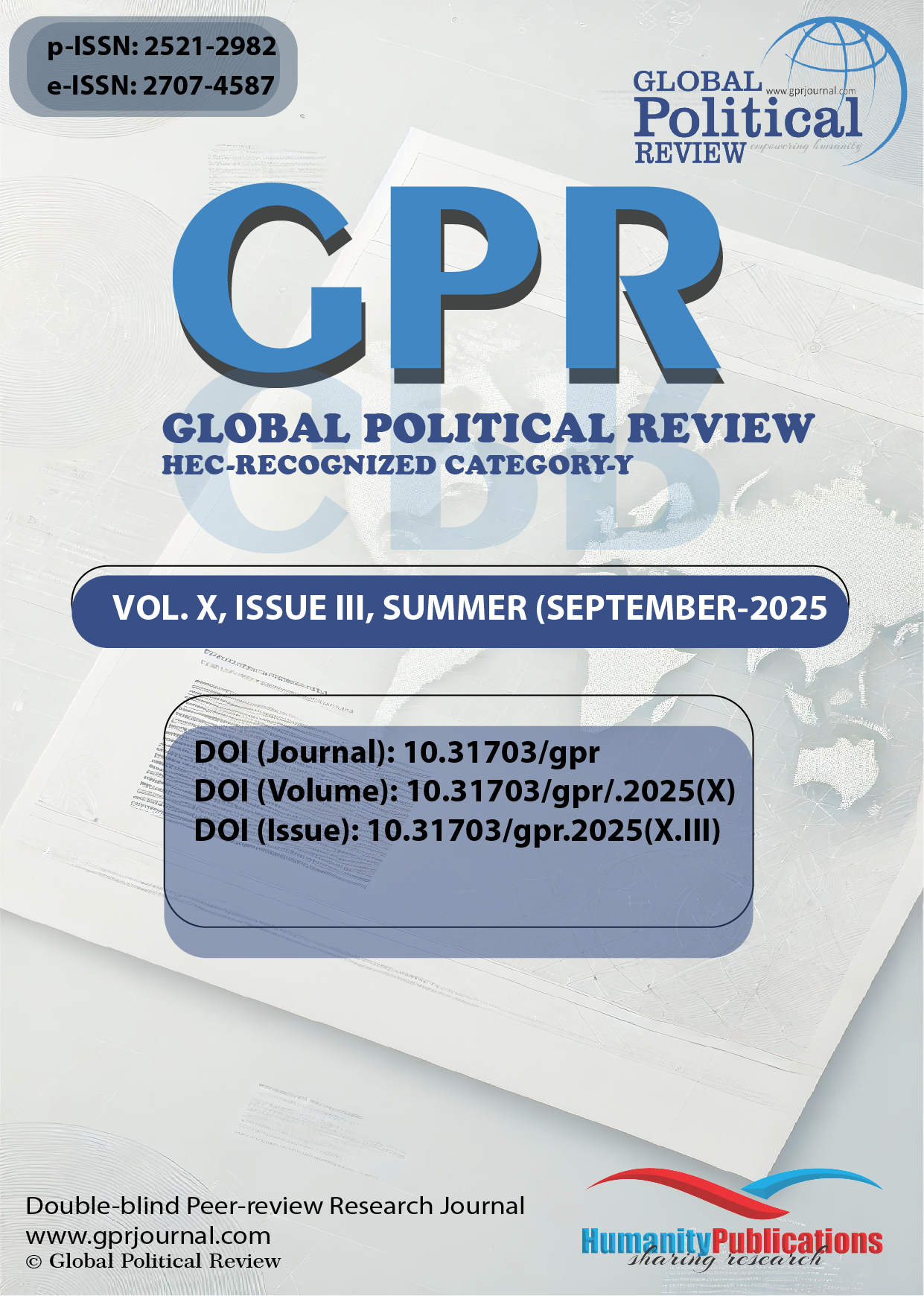 Volume X, Issue III (Summer 2025)
Volume X, Issue III (Summer 2025) 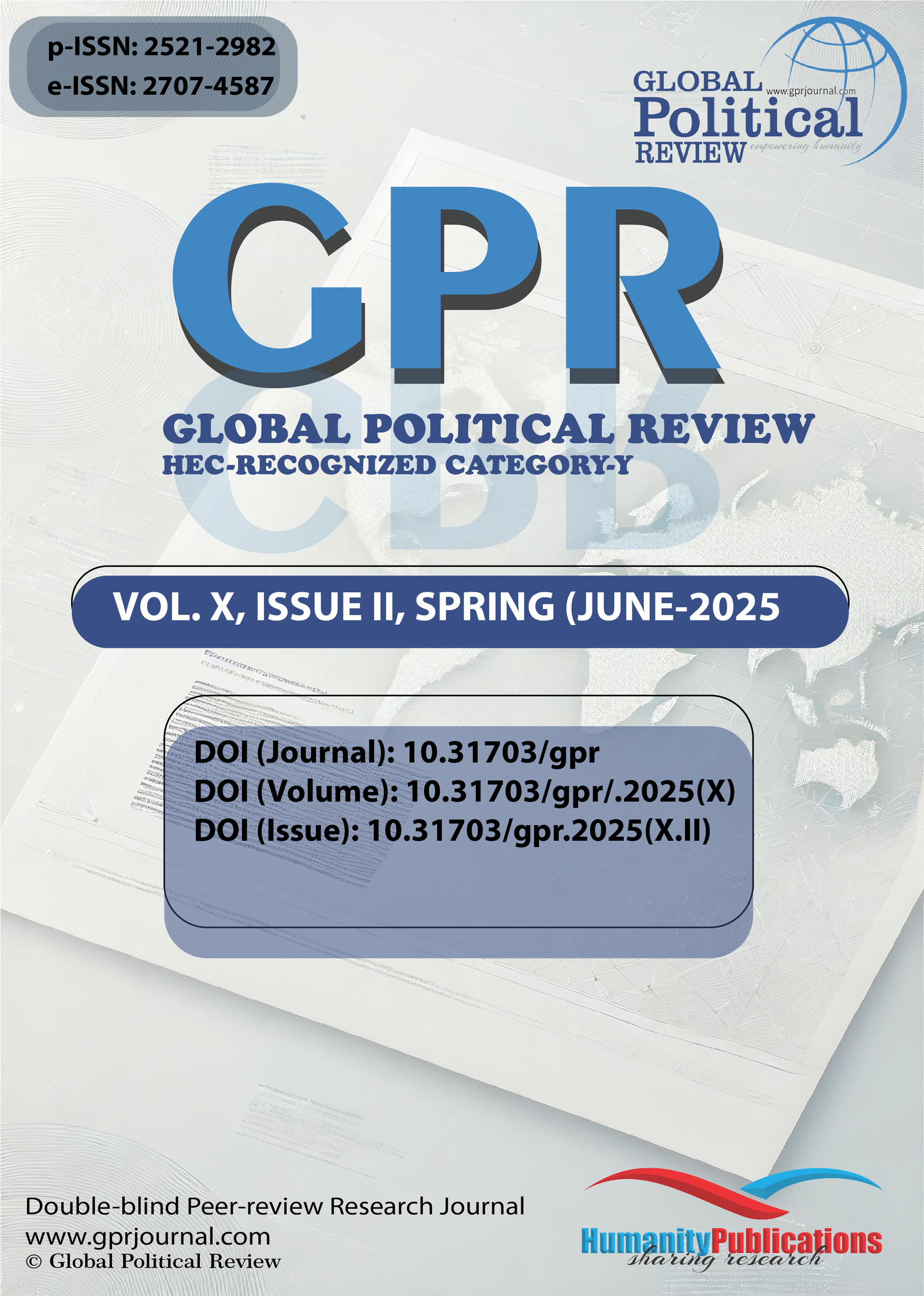 Volume X, Issue II (Spring 2025)
Volume X, Issue II (Spring 2025)  Volume X, Issue I (Winter 2025)
Volume X, Issue I (Winter 2025)  Volume IX, Issue IV (Fall 2024)
Volume IX, Issue IV (Fall 2024)  Volume IX, Issue III (Summer 2024)
Volume IX, Issue III (Summer 2024)  Volume IX, Issue II (Spring 2024)
Volume IX, Issue II (Spring 2024)  Volume IX, Issue I (Winter 2024)
Volume IX, Issue I (Winter 2024) 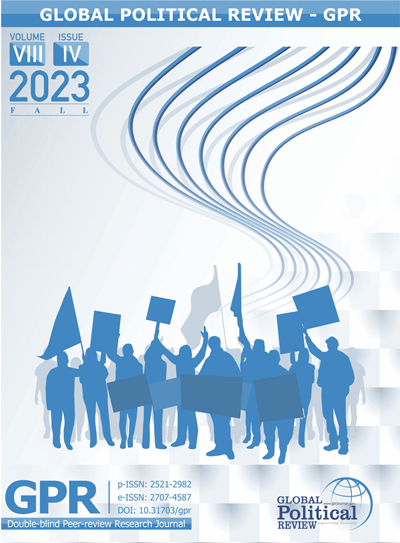 Volume VIII, Issue IV (Fall 2023)
Volume VIII, Issue IV (Fall 2023)  Volume VIII, Issue III (Summer 2023)
Volume VIII, Issue III (Summer 2023)  Volume VIII, Issue II (Spring 2023)
Volume VIII, Issue II (Spring 2023) 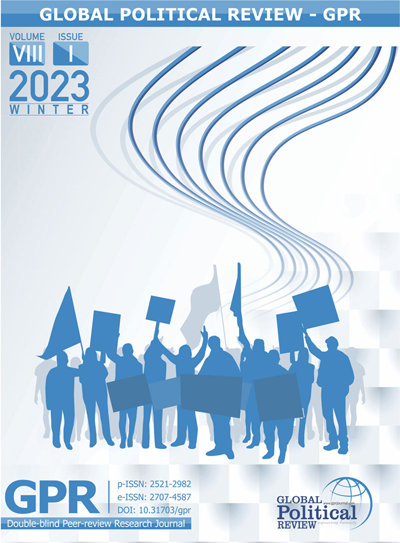 Volume VIII, Issue I (Winter 2023)
Volume VIII, Issue I (Winter 2023) 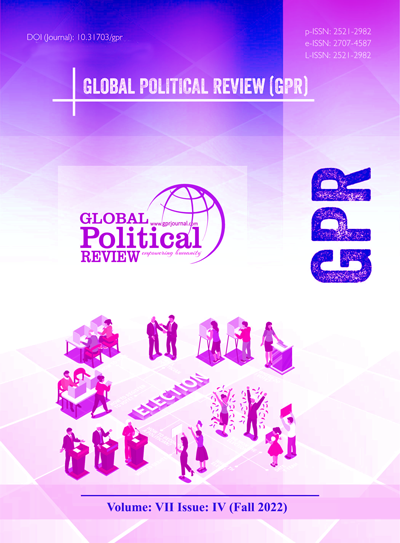 Volume VII, Issue IV (Fall 2022)
Volume VII, Issue IV (Fall 2022)  Volume VII, Issue III (Summer 2022)
Volume VII, Issue III (Summer 2022)  Volume VII, Issue II (Spring 2022)
Volume VII, Issue II (Spring 2022)  Volume VII, Issue I (Winter 2022)
Volume VII, Issue I (Winter 2022) 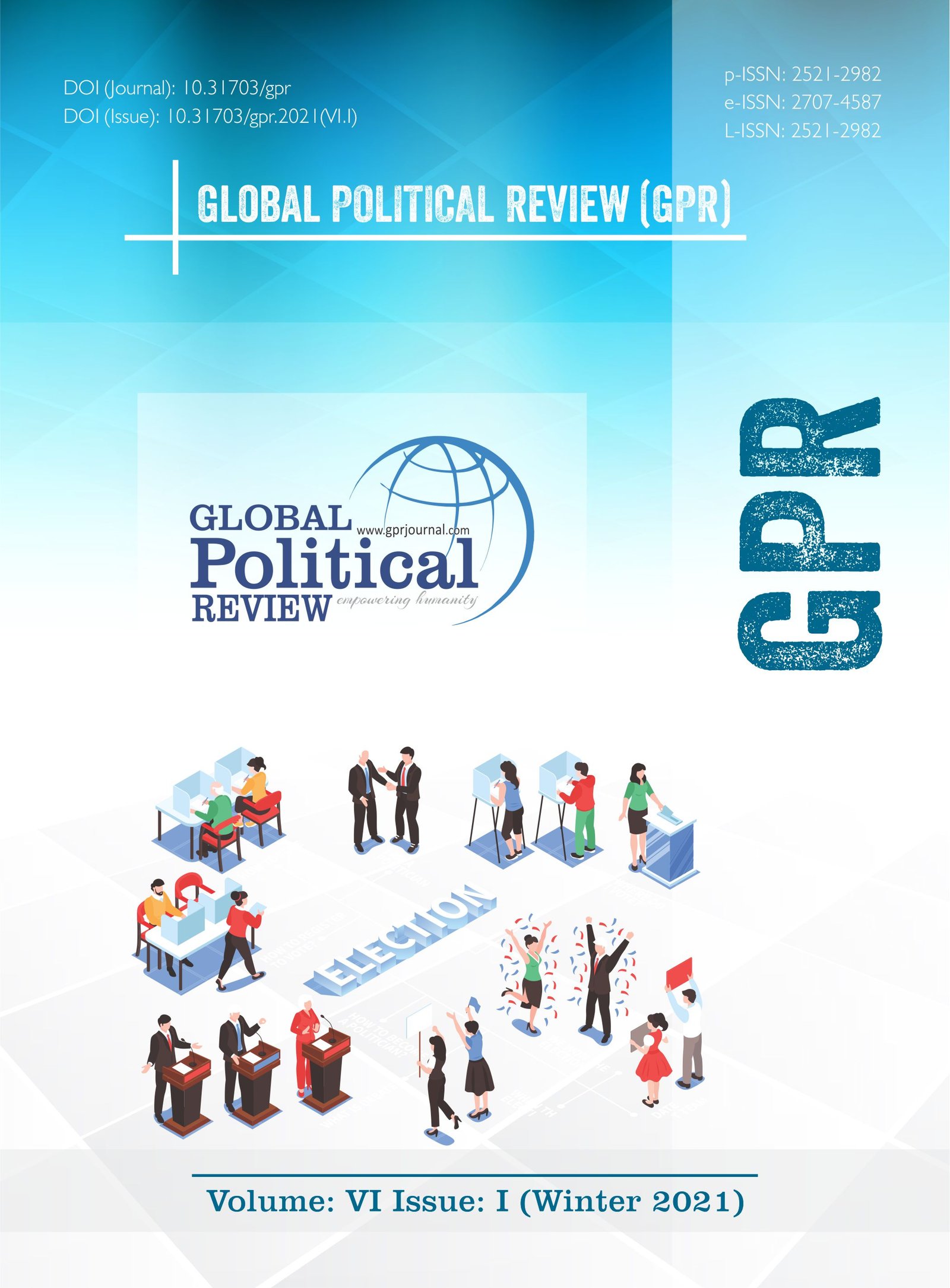 Volume VI, Issue IV (Fall 2021)
Volume VI, Issue IV (Fall 2021) 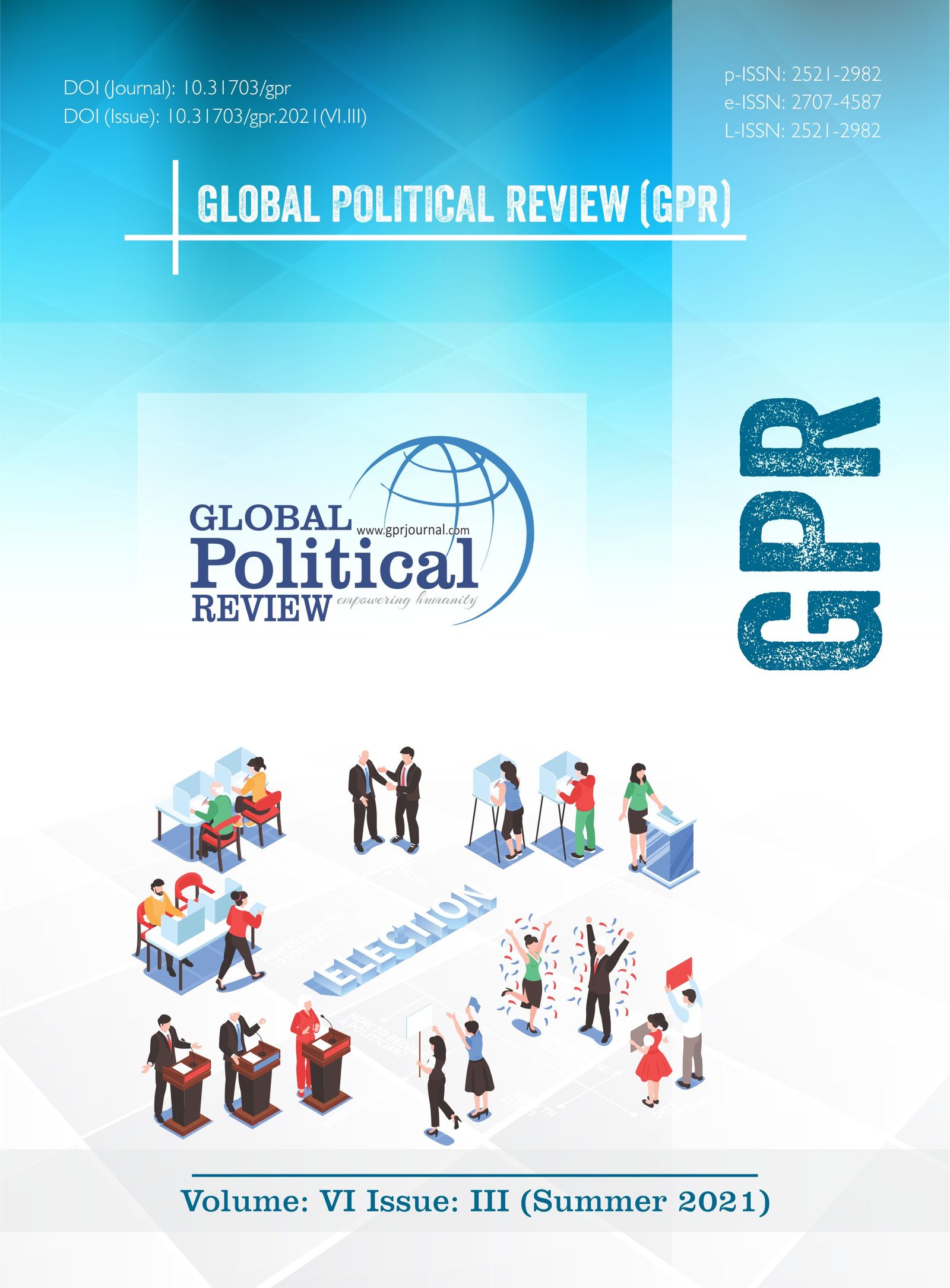 Volume VI, Issue III (Summer 2021)
Volume VI, Issue III (Summer 2021)  Volume VI, Issue II (Spring 2021)
Volume VI, Issue II (Spring 2021) 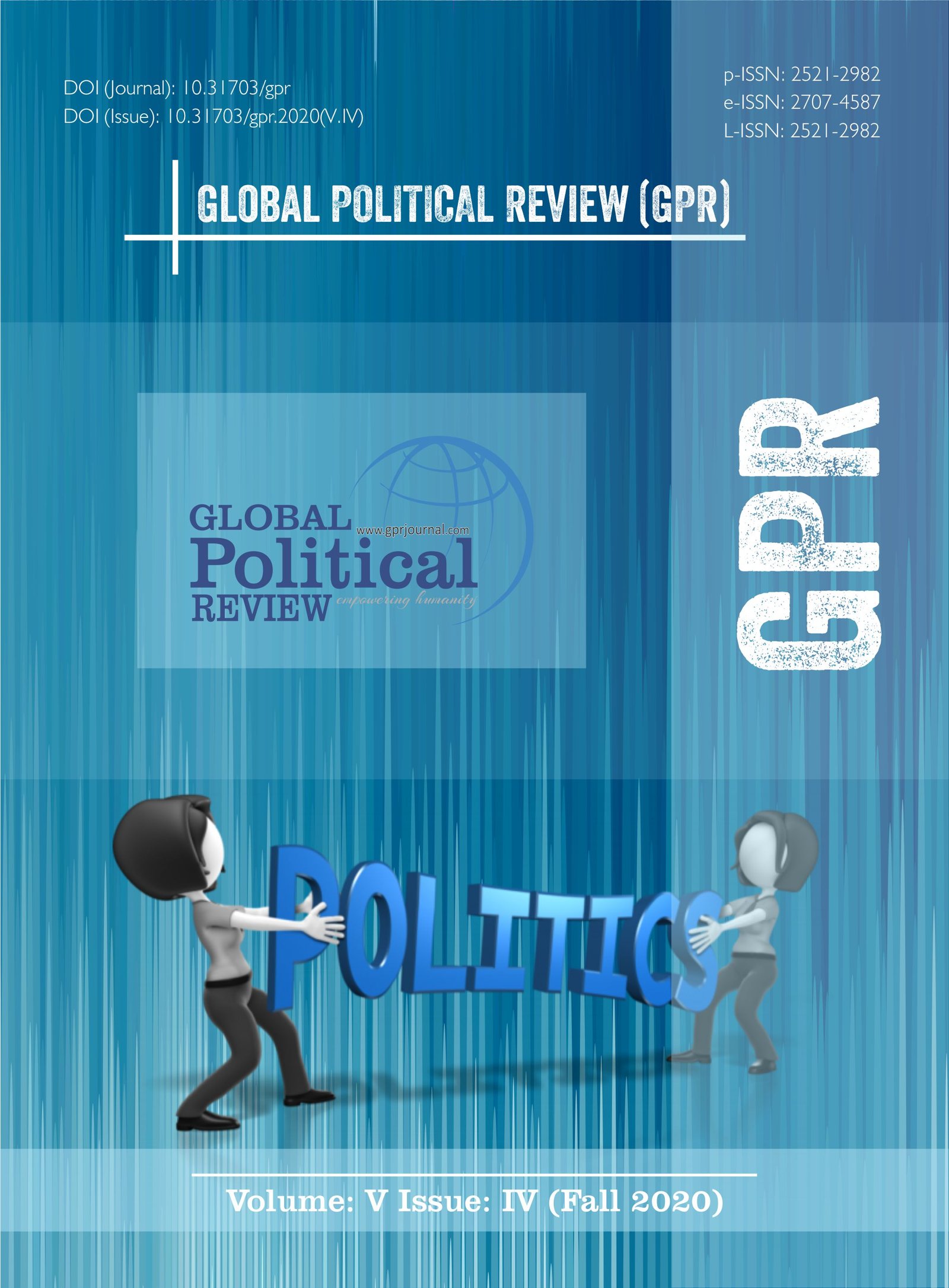 Volume V, Issue IV (Fall 2020)
Volume V, Issue IV (Fall 2020)  Volume V, Issue III (Summer 2020)
Volume V, Issue III (Summer 2020) 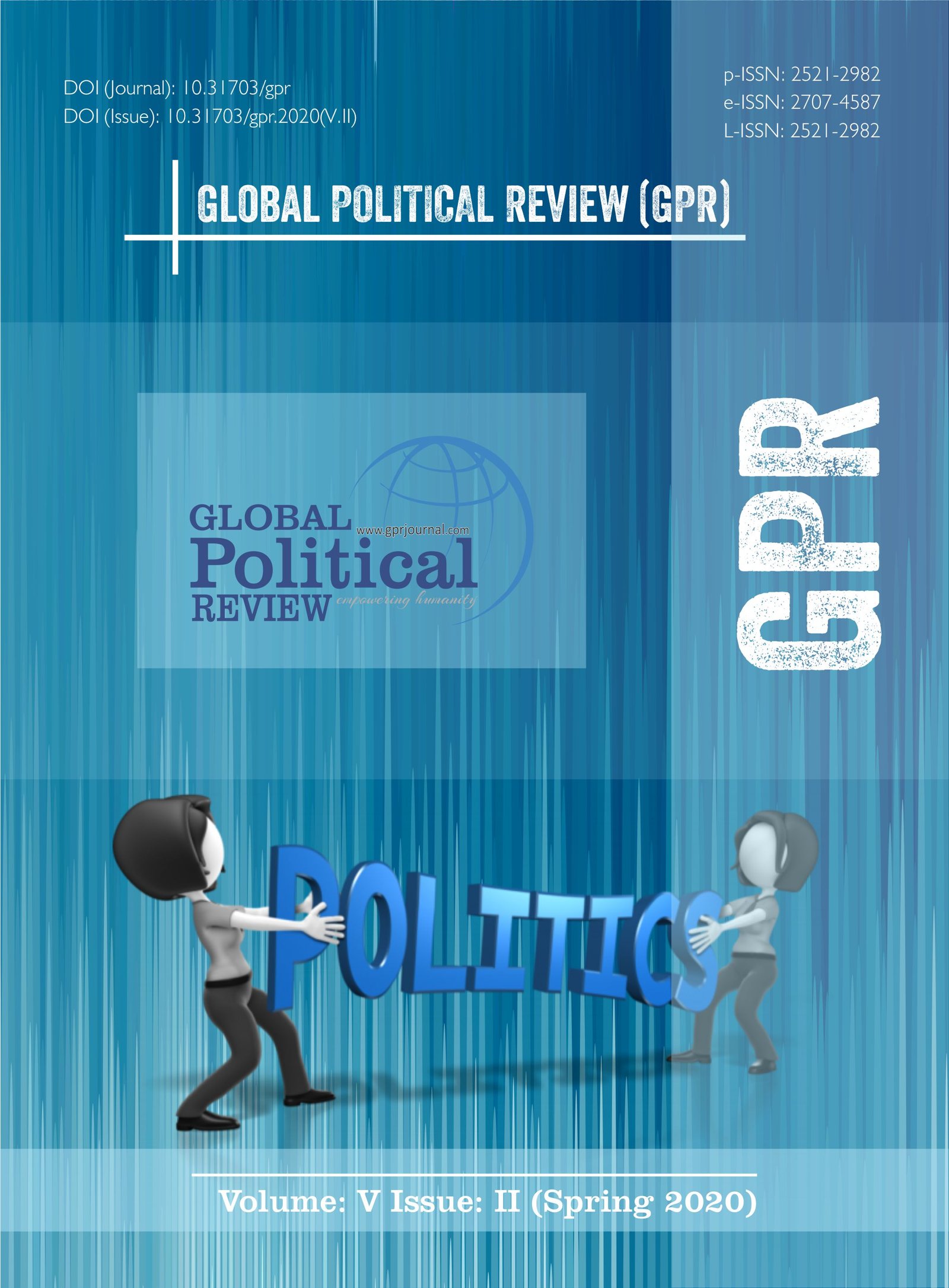 Volume V, Issue II (Spring 2020)
Volume V, Issue II (Spring 2020) 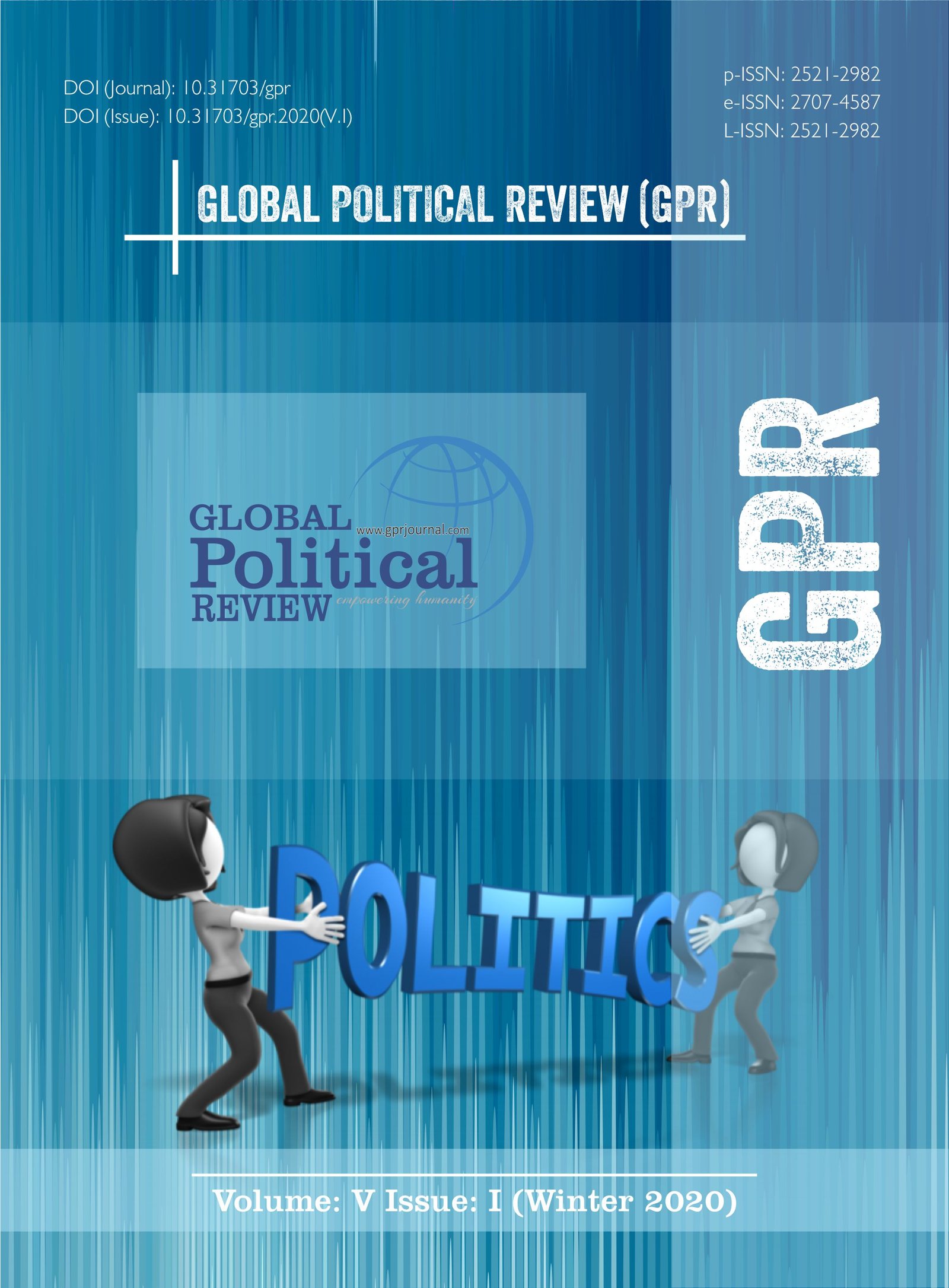 Volume V, Issue I (Winter 2020)
Volume V, Issue I (Winter 2020)  Volume IV, Issue IV (Fall 2019)
Volume IV, Issue IV (Fall 2019)  Volume IV, Issue III (Summer 2019)
Volume IV, Issue III (Summer 2019)  Volume IV, Issue II (Spring 2019)
Volume IV, Issue II (Spring 2019) 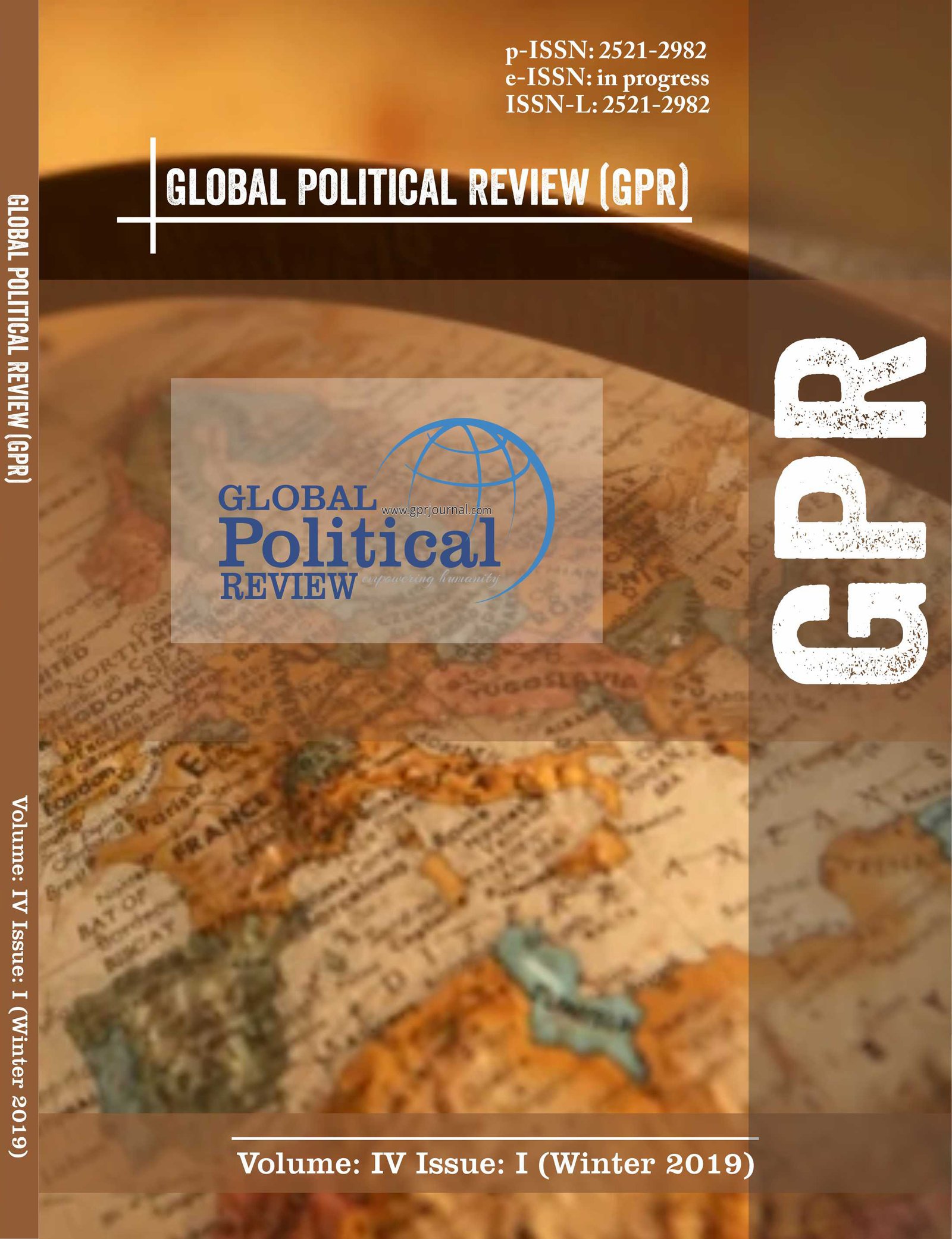 Volume IV, Issue I (Winter 2019)
Volume IV, Issue I (Winter 2019) 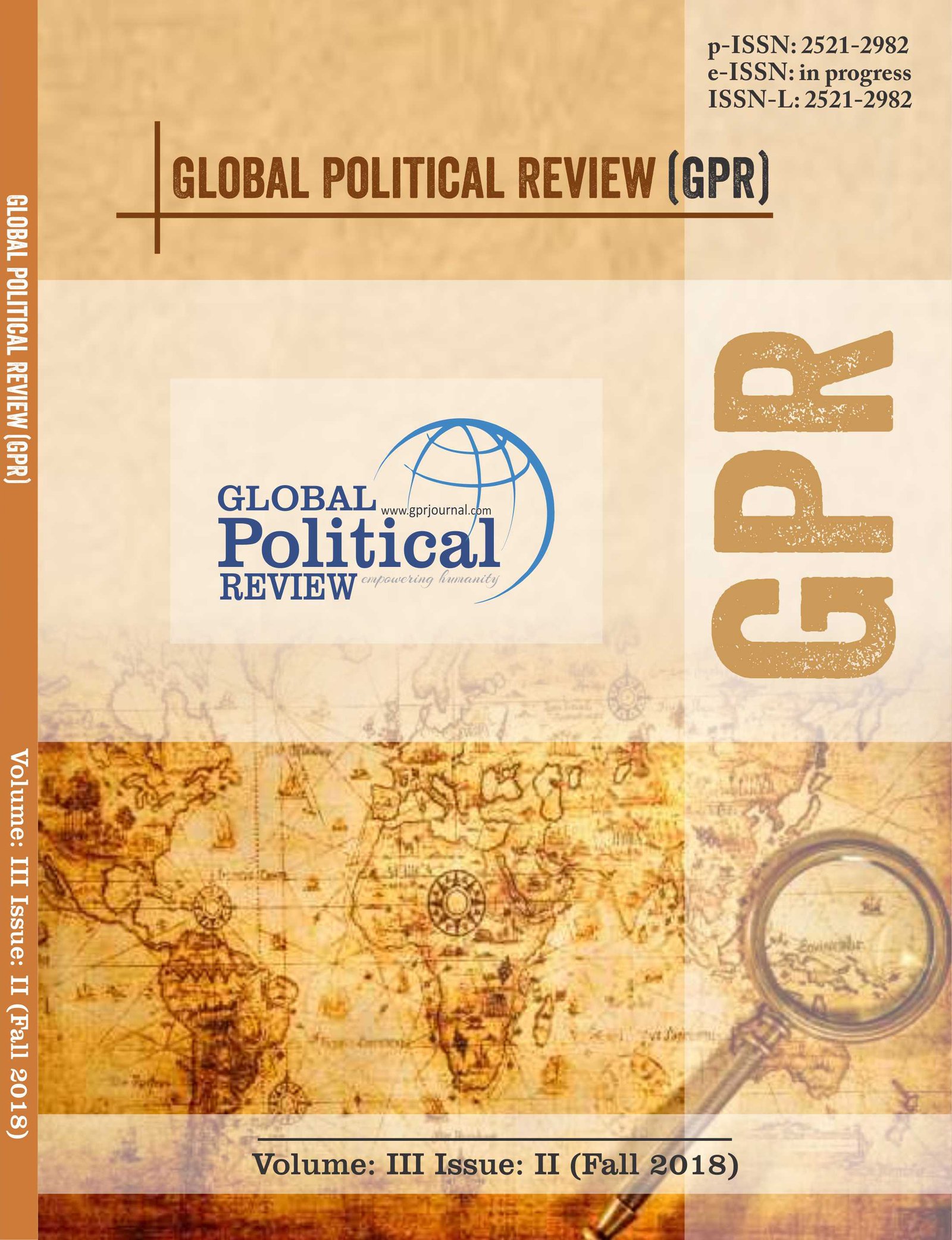 Volume III, Issue II (Fall 2018)
Volume III, Issue II (Fall 2018) 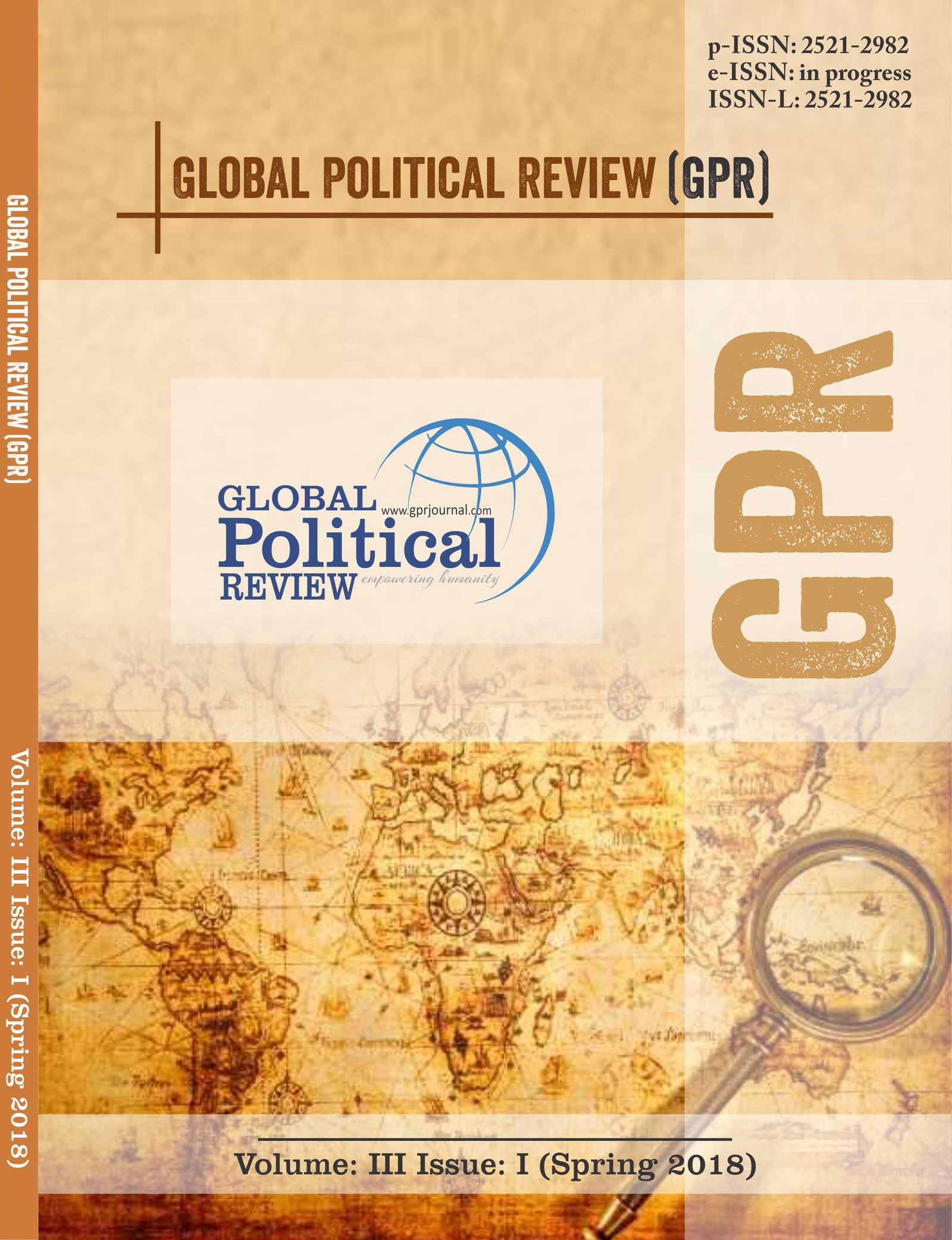 Volume III, Issue I (Spring 2018)
Volume III, Issue I (Spring 2018)  Volume II, Issue I (Fall 2017)
Volume II, Issue I (Fall 2017)  Volume I, Issue I (Fall 2016)
Volume I, Issue I (Fall 2016)